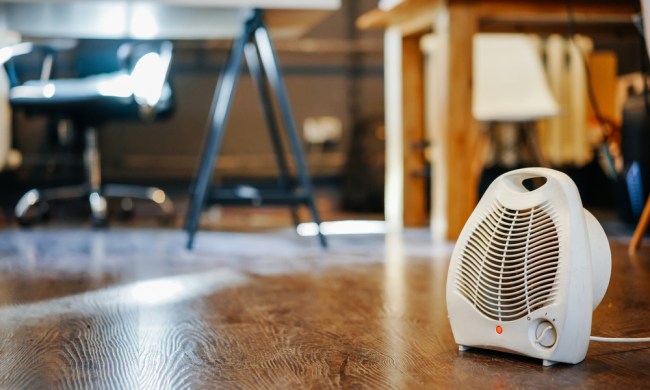
In our society, we depend greatly on electricity to live our normal lives. From large appliances to small devices, there are a lot of electrical currents around us at all times. While we’re surrounded by electricity, we are also surrounded by moisture in the form of indoor plumbing, rain, and even our meals and beverages.
We know that water and electricity don’t mix safely and that their combination can cause dangerous shocks to our bodies, but could there be other dangers, as well? Can water in an electrical outlet start a fire in your home?
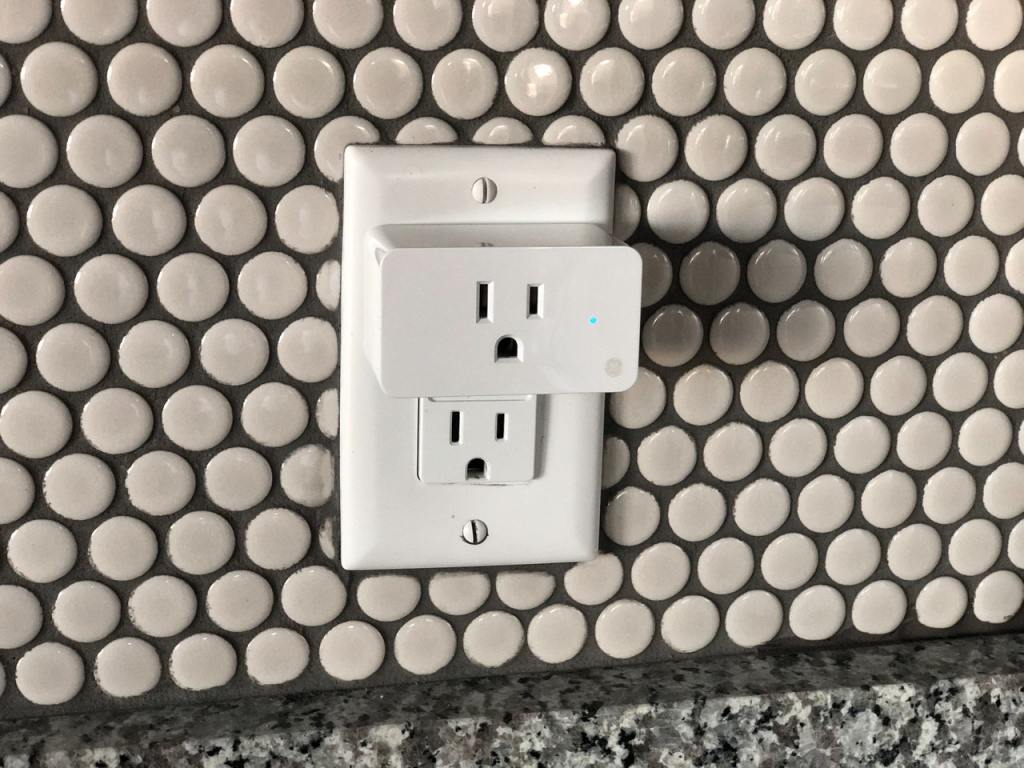
What happens when water gets in an electrical outlet?
Moisture can sometimes get into your electrical outlet, sometimes due to our own lack of safety measures and often due to circumstances outside of our control. If the wires in an electrical outlet are exposed to moisture, there are a couple of things that can happen, all leading to potentially dangerous situations.
Moisture leads to corrosion and rust
We know that moisture and metal components don’t do well together, as this combination leads to rust and corrosion. In an electrical outlet, rust and corrosion act as insulators that resist the flow of the electrical current and produce excess heat that can cause a fire.
Moisture can cause a short-circuit
Water conducts electricity, so when water is present in your outlet, this can present a dangerous situation. When you go to plug something into the outlet, the current can be increased quickly and overwhelm the circuit. This situation sometimes produces sparks that could lead to an electrical fire.
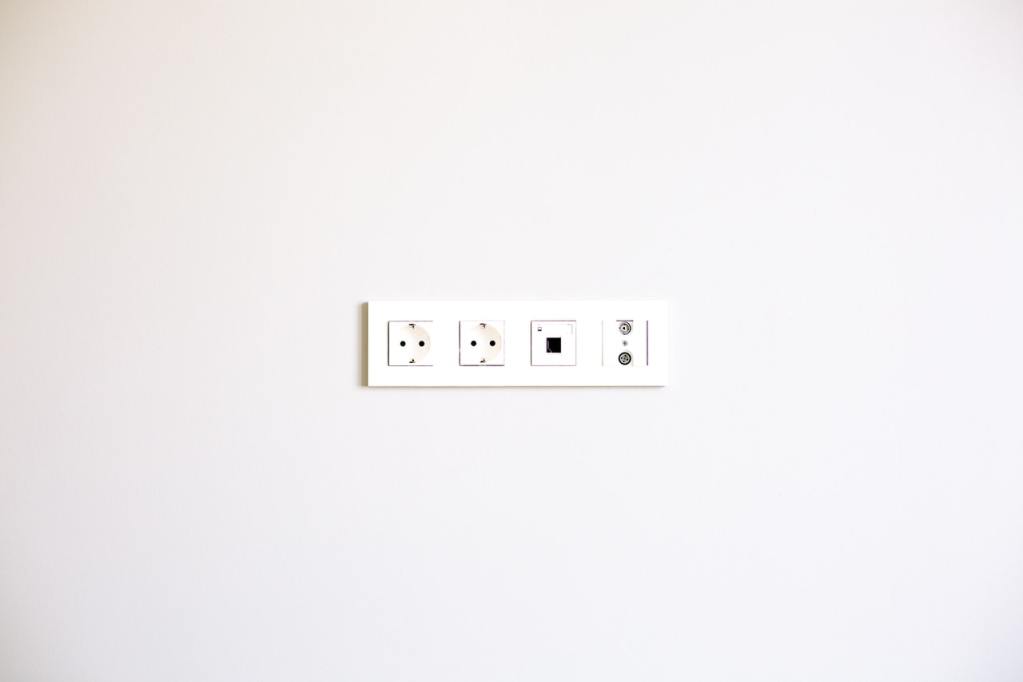
How does water get into an electrical outlet?
There are several situations in which your electrical outlet may come in contact with water. Large-scale issues like a leaking roof or spontaneous flooding can certainly introduce water to your outlets. After a big rainstorm, be sure to check outlets near windows or exterior doors to see if there is any dampness on the wall or on the floor around the outlet.
Some smaller-scale water issues may also result in your electrical outlet being exposed to water. In the kitchen and bathroom, for example, a splash or spill can easily get water into the outlet and cause sparks or short circuits. It can even be problematic to have water puddled on the counters in these rooms, since the plug of a device could get wet without you knowing. Be sure the surfaces in these rooms are kept as dry as possible by cleaning them frequently and wiping them down counters after each use.
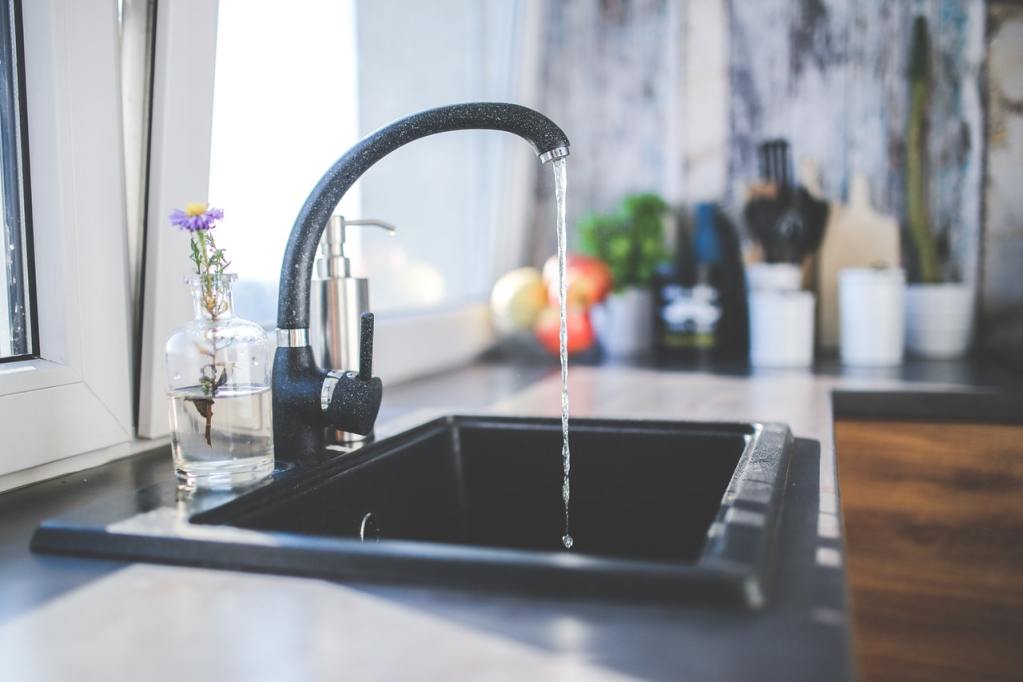
When should you cut electricity completely?
In extreme situations, like working on a home that has had recent flood damage, the risk of electric shock and electrical fires is extremely high. The electricity to the building should be cut off completely before repairs and other work on the building begin, and it should not be turned on again until a professional has been consulted.

How do you dry a wet electrical outlet?
Safety is the first priority in the event of a wet electrical outlet, so you need to be sure you take measures to prevent electrical shock. If you’ve found that there is moisture in an electrical outlet, the first step you’ll want to take is to be sure the power to the outlet is cut off.
Shut off power to the outlet
Most outlets have a ground fault circuit interrupter (GFCI) component that automatically shuts off the power to the outlet when it detects an imbalance or interruption of current. However, you’ll want to be 100% sure that this safety measure has occurred.
Manually turn off the outlet by simultaneously pushing down the reset and test buttons that are right on the outlet itself. You can also use a digital multimeter to determine if the power to the outlet has been completely shut off. These devices detect and measure the level of current coming out of your outlet.
Shut off power to multiple outlets
In the event of larger-scale damage like a water leak or flooding, you may find that multiple outlets have been exposed to moisture. In these cases, you’ll want to completely shut off your breaker box to the area before beginning to dry them so that the power to the outlets is completely cut.
If you’re not completely sure which breaker to shut down, it’s always best to consult a professional to prevent shocks and other hazardous situations.
Drying the outlet(s)
If the amount of water in the outlet is slight, it’s possible that it will dry on its own overnight. Simply keep the power cut to those outlets and check again in the morning. You can also use a blow dryer to speed up drying if you’d like.
If you’re finding it more difficult to dry due to larger amounts of water in the outlet, it’s the safest bet to get a professional electrician involved to dry, replace, or repair the wet outlets.
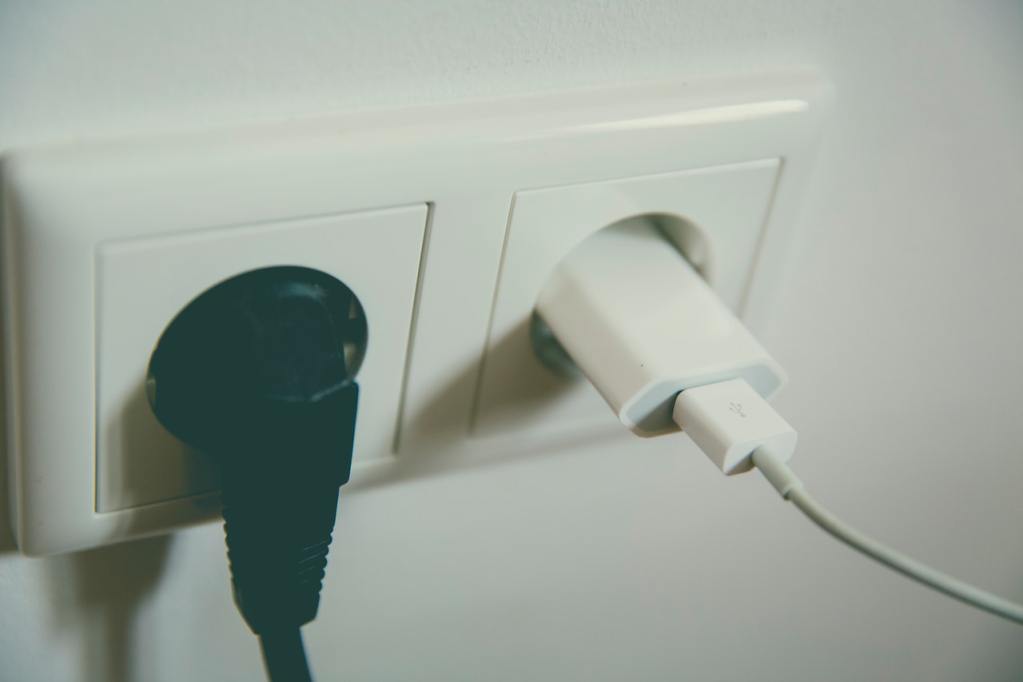
Are there warning signs before an electrical fire?
Unfortunately, some electrical fires can happen very rapidly before you ever see the warning signs at all. This is why proper home maintenance and quick action after a water leak or other home issue is necessary. However, there are some instances when water leaking into an outlet will produce warning signs long before a fire ever breaks out. In this case, there are a few things you can look for to help prevent a fire in your home.
Warning signs of a potential electrical fire:
- Circuit breaker keeps tripping
- Lights flickering, switches not working, or outlets malfunctioning in a specific room
- An odd burnt odor in a room or multiple rooms with no obvious source
- Discolored or charred outlets and light switches
After discovering a water leak, be sure to go around looking for any of these warning signs. While these signs don’t always indicate an electrical fire, it’s better to be prepared and work hard to protect your home. Additionally, routine home inspections done by you or other household members are a great way to ensure your electrical components are in top shape and functioning properly.
While safety has come a long way in electrical outlets, precautions should always be taken when water is introduced. Water in your electrical outlet not only poses dangers of shock, but it can also lead to dangerous and destructive electrical fires. This is why having a routine home safety and electrical checklist is vital. Still, if you’re not confident enough to dry an electrical outlet on your own, it’s always safest to consult a professional.

